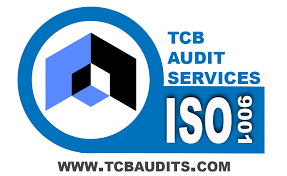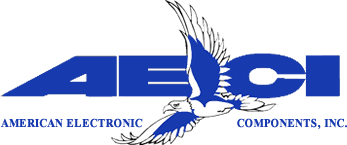Two Areas You Should Not Ignore When Closing Companies
Closing Companies
When closing companies, before you actually close the doors, it’s absolutely essential to focus on two main areas – managing your company relationships and handling your assets, specialized equipment and inventory.
Managing Company Relationships
Over the lifetime of your business, you will have established a variety of important relationships. During the closing companies process, any company relationships aside from customers, vendors, suppliers, and employees, will need to be formally severed. Certain federal, state, and local agencies are usually amongst this group – so it’s crucial to take the time to call and inform them of your closing.
When closing companies, the process will need to include “dissolution” – which is the legal term for formally notifying the state or states in which your business is registered. must be sure to follow their specific closing regulations. There may be different regulations each state on the complexities of continuing to be in after dissolution. Of course, there are additional steps you will need to take if your business has declared Chapter 7 bankruptcy.
In addition to notifying your state’s tax authority, you must contact the IRS and inform them of your closing. As far as employment taxes go, it’s wise for you to continue to file payroll tax returns and submit wage reports for employees and independent contractors as normally required.
Handling Assets, Equipment & Inventory
Once creditors have been paid, any remaining assets within your company can either be distributed to staff or sold off to retain their value. Before you sell off inventory, there are a few things you need to know, especially when it comes to assigning them a dollar value.
Because all business assets depreciate over time, it’s wise to try and retain their value by selling them off at the time of closing. Whether they’ve suffered normal wear and tear or are in excellent condition, when you sell them off, you can write-off any profit.
Good maintenance records are essential when you’re selling or taking deductions for your business assets. You should attempt to make whatever modifications or repairs necessary prior to asset consolidation when closing companies.
If you’ve got too many assets to handle, there are companies out there who will be able to completely manage the process for you from beginning to end. Hiring a competent third party with the right experience will ensure you get the best value for your equipment and assets.
Contact our experienced team for more information on how we can help you with closing companies.


